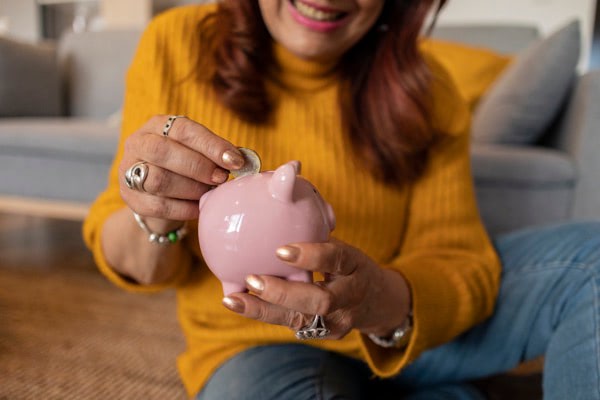How can you avoid holiday debt this December? This post outlines five handy tips to help buyers stay on top of their finances this season.

Good vs bad assets: What’s the difference?
Good vs bad assets: What’s the difference between the two? What does it mean to classify something as “good” or “bad?” Most Canadians possess both good and bad assets, whether they know it or not. Below, we discuss the distinction between these two terms, some common examples, and whether having bad assets is always a bad thing!
What are good assets?
Good assets are assets that appreciate over time, or can help you earn money. This results in what is called good debt, because while the cost of these assets may put you into debt short-term, they hold value in the long run. Some of the biggest examples of good assets include education, investments, real estate, and yourself! The more you invest in yourself and your future, the higher your chances are of it paying off long-term. If you take out student loans to pursue a certain education path, you will have the skills necessary to secure your desired career, earn more money, and pay those debts back. Similarly, smart investments help you grow your savings so you can enjoy a high return on your contributions.
Real estate is often a good asset, but it’s important to be careful with this one. Market trends, supply and demand, and interest rates all affect how beneficial it is to own property. During certain economic conditions, housing prices can drop and homeownership can become a burden for owners who were hoping to sell. Be sure to speak with a mortgage professional if you are considering investing in real estate.
What are bad assets?
A bad asset, as you might predict, will depreciate in value over time and will cost you more money than you can ever earn. Many bad assets are physical items such as cars, furniture, and phones. As soon as you start using them, they will never be as valuable as they were before you ever touched them. The more use a bad asset gets, the quicker it loses value. For example, if you purchased a vehicle for $25,000 in 2018, you will not be able to sell it for that same amount in 2023. Some stock market investments can also become bad assets if the tides change, and the market experiences a downturn. If you’re not super familiar with investing, you should stick to safe picks when first starting out.
What are “neutral” assets?
Of course, some assets aren’t necessarily good or bad. These are called neutral or average assets. A simple example is a home renovation. You might make some major improvements to your kitchen or bathroom that increase your property’s value, but in doing so you spend a huge amount of money that basically cancels out any extra money you could get from selling your home. Many neutral assets can easily be good or bad, but they end up somewhere in between.
Is it okay to have bad assets?
Obviously, between good vs bad assets, it’s better to have more good ones. Does that mean you should never have any bad assets? The short answer is no. “Bad” assets are often still necessary, and can be personally valuable in your life even if they won’t earn you money. Most people require a car to drive, furniture to use in the home, and a phone for everyday functions. These items are really only bad assets in monetary terms, but value comes from many other sources. These items increase our efficiency, comfort, and functionality in the world. Those are all positive terms, so things that look “bad” on the surface are not always a waste.
Dividing items between good vs bad assets can be complicated. Something with no value for one person might be extremely valuable for another. Similarly, one person’s investments might take them a long way, while another person might end up losing money. Each person’s values and actions are different, and that often influences how they view certain assets. As brokers, we understand how each person is unique and how their investments should reflect that. If you’re considering purchasing a home, whether as an investment property or to live in, it’s important to use a professional who appreciates your needs.
If you have any questions about your mortgage, give us a call at Centum Home Lenders! You can reach us at 506-854-6847, or get in touch with us here.


